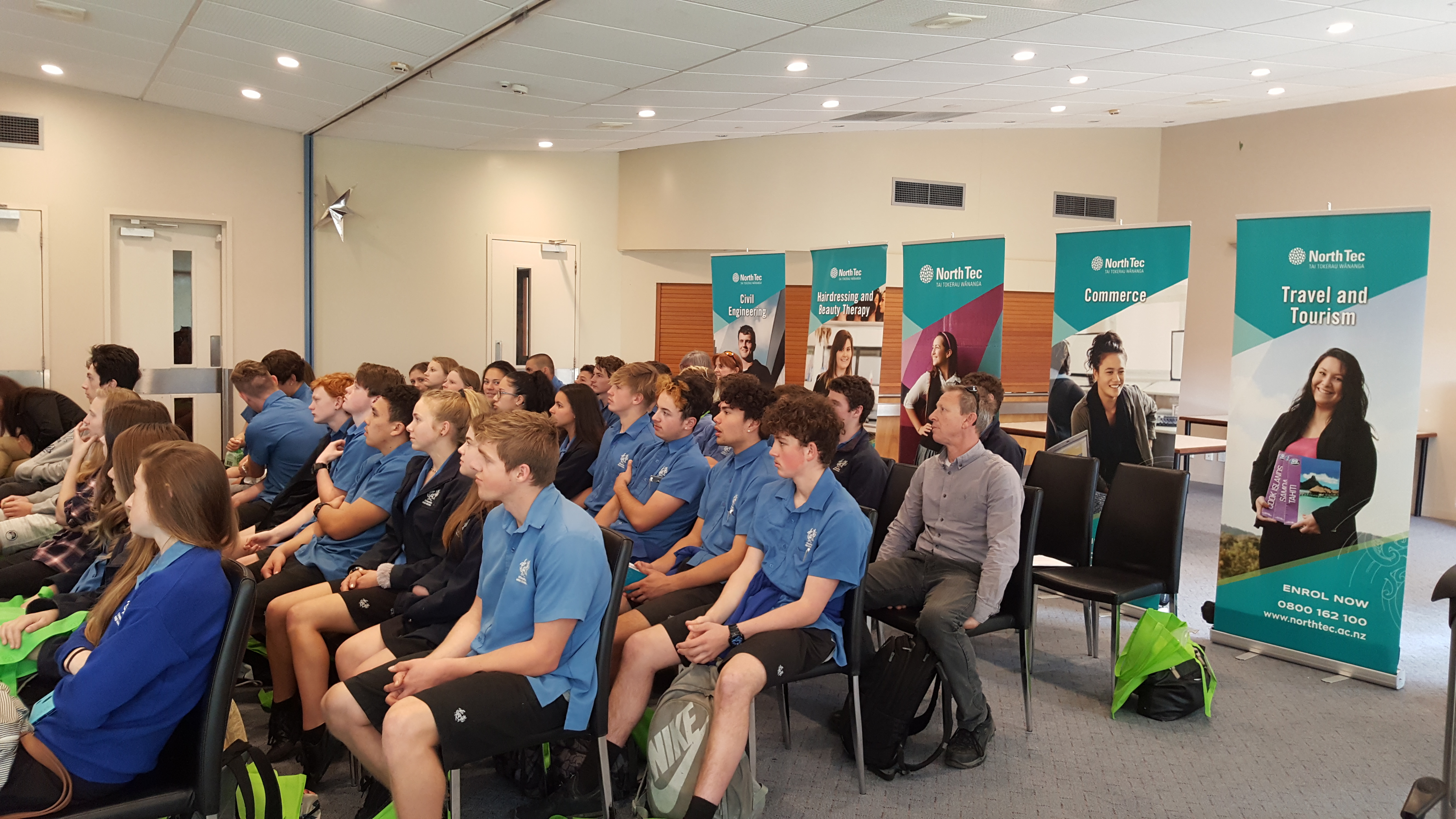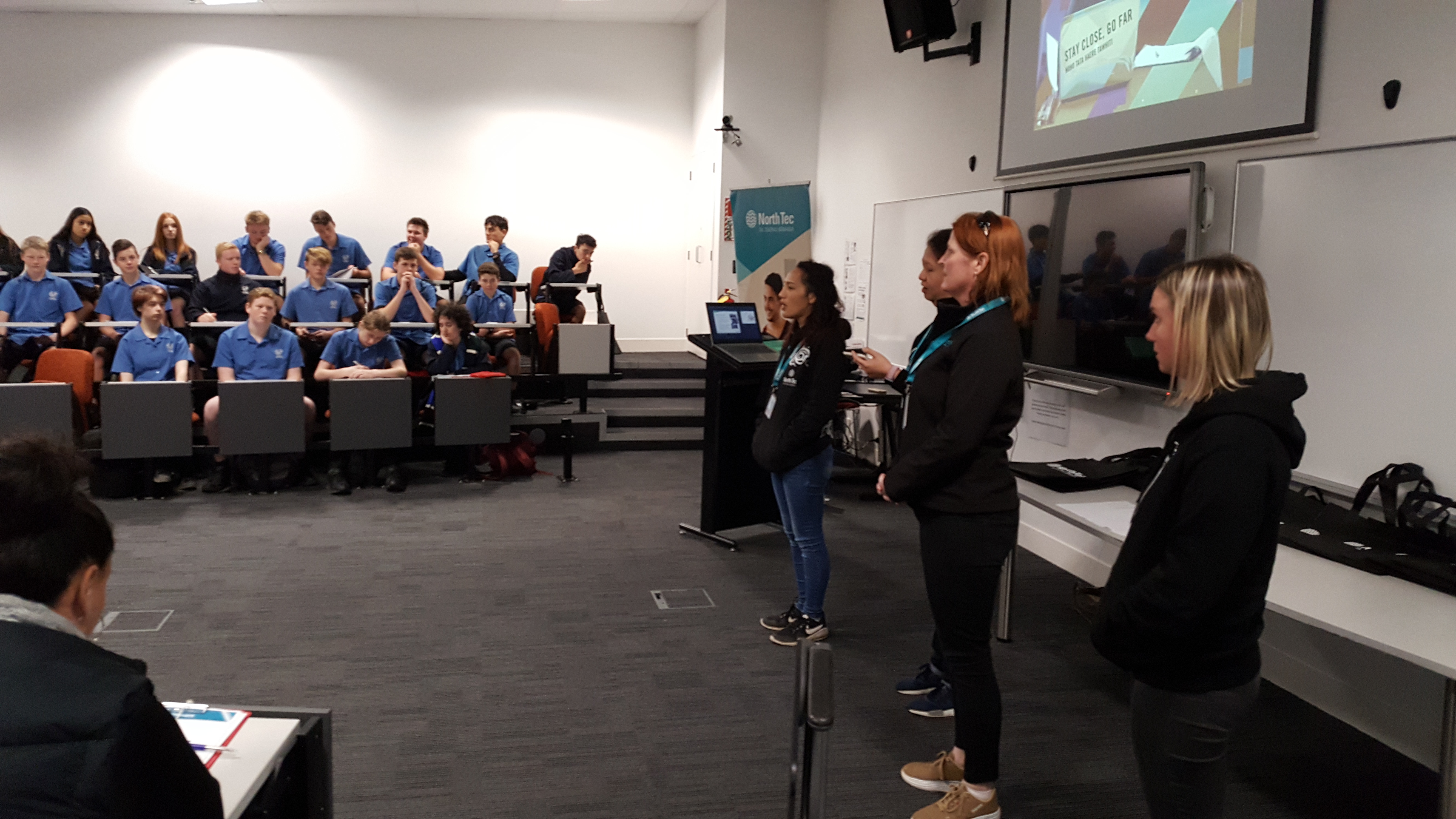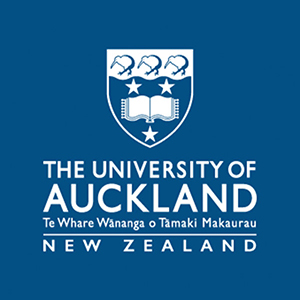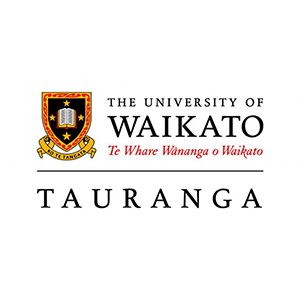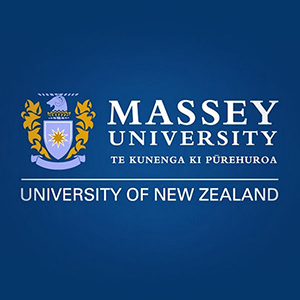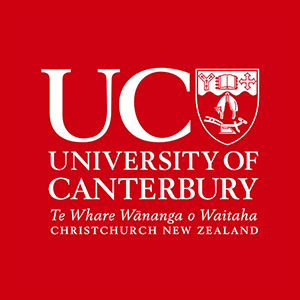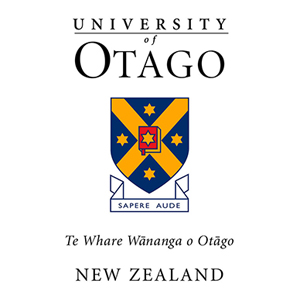Degree language
Test your knowledge of these terms by taking the quiz at this link.
Scholarship - An amount of money some organisation is willing to pay you to help pay for your studies, living expenses
Prerequisites - Something that is required before you can be allowed before you do something else. For instance you need Mathematics for BCom
Major - The subject in your degree that you specialise in and take for all three years. This subject makes up about a third of your degree. An example is a BA majoring in English, a BSc majoring in Ecology, or a BComm majoring in Marketing. In most degrees you can take two majors. In some degrees the majors are preset and you have to take them and in other degrees you have a very wide choice.
Minor - Another subject in your degree which gives you lesser specialisation and which you take for than more than one year.
Conjoint degree - A specialised double degree programme that allows students to complete two three-year degrees within four years of full-time study. The time taken is shorter than a double degree and requires a good level of academic progress to stay in this programme.
Paper - A part of a university subject that you do for one semester or one year and get university credits for towards your degree. Another definition: A named set of lectures, tutorials, labs or field trips which gives credit towards a degree.
Semester - Half a year of academic study. Papers are these days often only 1 semester long.
Subject / Course - Both words used for an area of study such as History or Accounting or Genetics
Lecture - Time spent in a classroom or hall where a lecturer teaches for a period of time such as an hour.
GPA - Grade Point Average - The Grade Point Average (GPA) calculations are done for each semester at university and cumulatively for your entire programme and is used to determine entry into honours and masters degrees.
Degrees
Undergraduate: First degree usually taking 3, sometimes 4 years to comlete. NCEA level 7
Honours: An extra year’s study after you graduated with your degree. NCEA level 8
Masters: A higher level degree taking 2-3 years to complete. NCEA level 9
Doctoral: The highest level degree taking 3-5 years to complete. NCEA level 10


